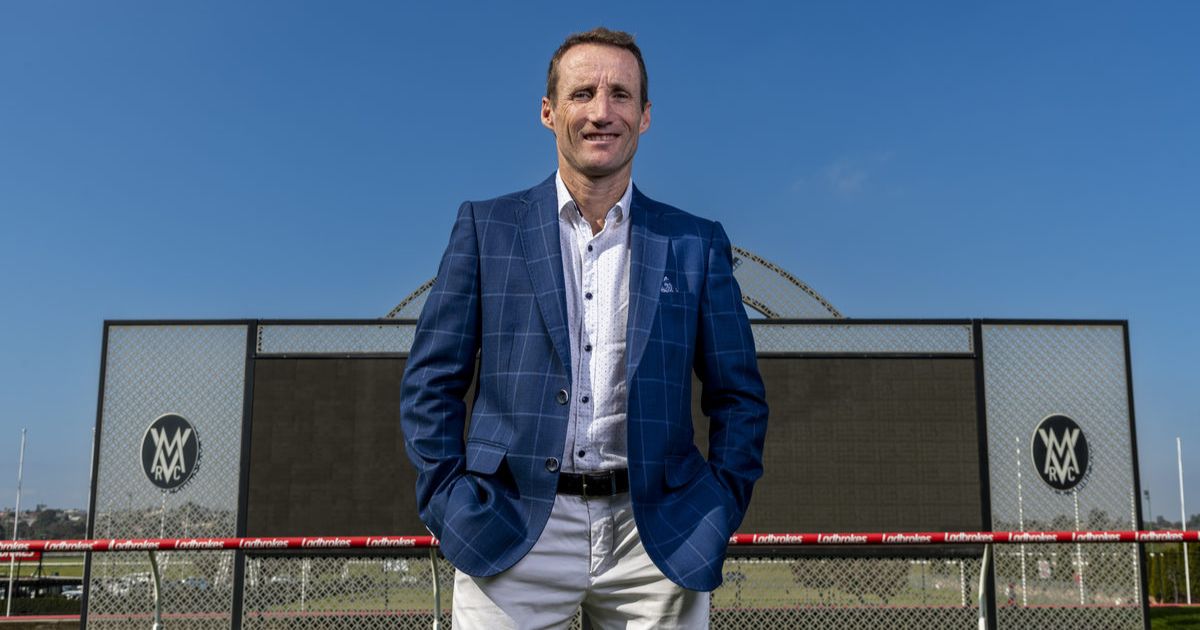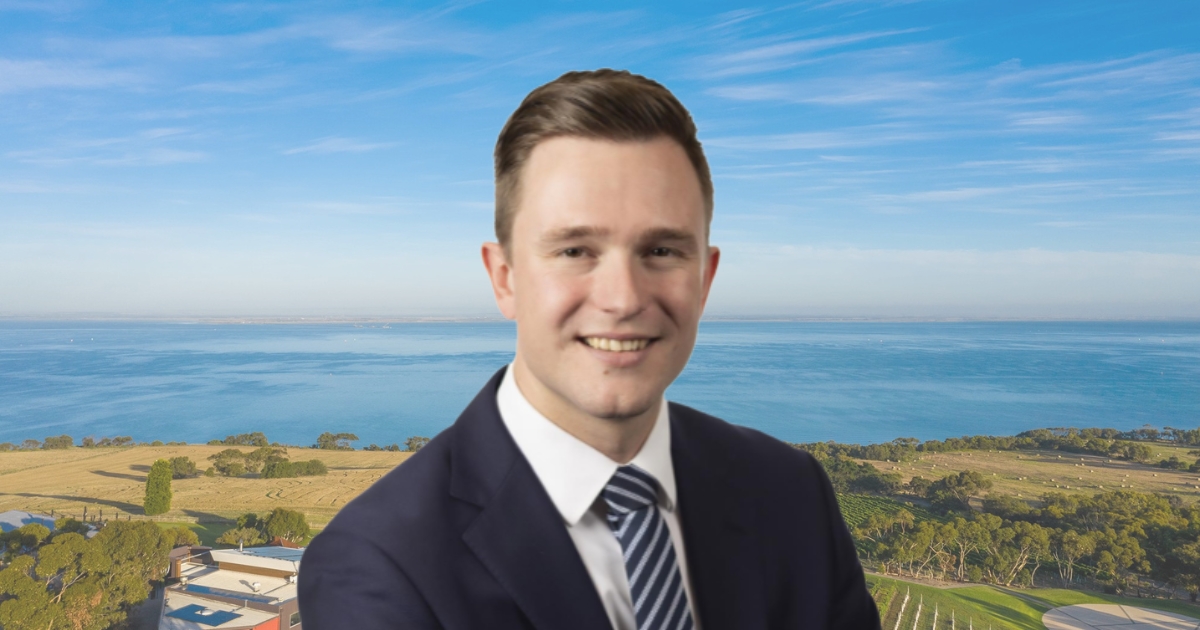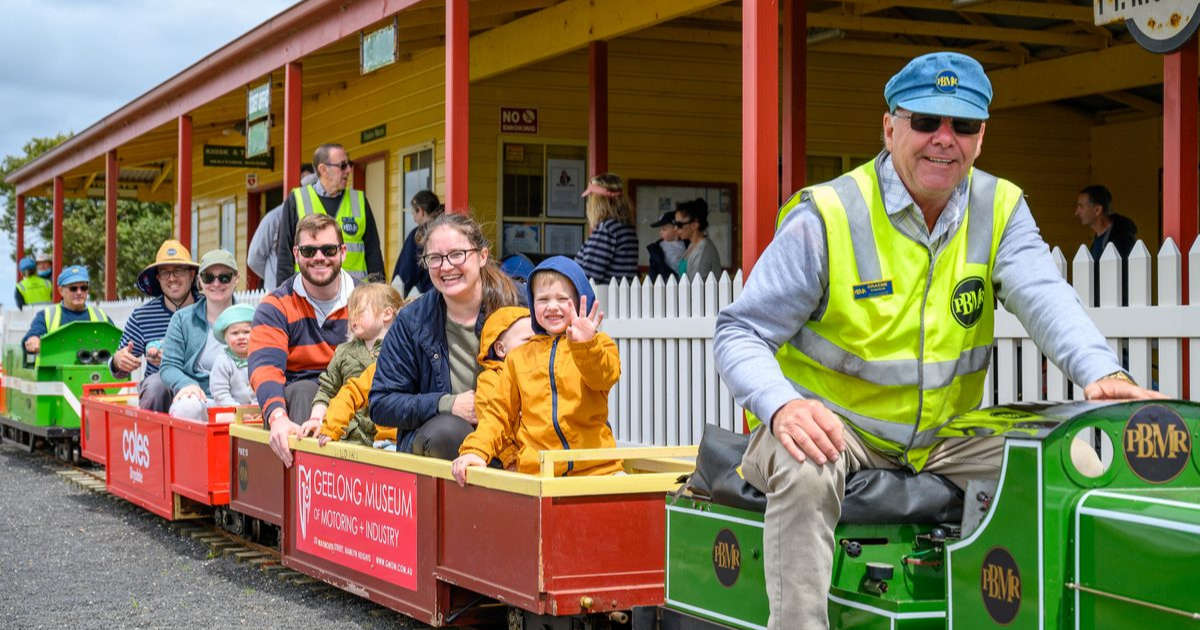Forum to start conversation about what matters most

Dr Claire Hepper will share a personal palliative care story about how she supported terminally ill 19-year-old Shannon McKnight to die at home on her parent’s farm in regional Victoria.
HAVING a conversation about “What Matters Most” to you when you’re nearing the end of your life can be very tough for many people.
But that’s exactly what National Palliative Care week is encouraging.
Bellarine Community Health is holding a free Community Forum on Tuesday May 22 to help people start a conversation about “What Matters Most” and learn about palliative care services available on the Bellarine.
“We should be planning ahead for end-of-life care and discuss it with our loved ones and health professionals so that everyone is aware of people’s preferences,” Dr David Brumley, specialist palliative care physician and facilitator of the community forum, said. “Palliative Care is provided by a mix of people from the community including family, friends, doctors, community nurses, volunteers and specialists. It’s a community responsibility; we’re all in this together.”
Special guest speaker Dr Claire Hepper will share a personal story at the forum.
Dr Hepper was able to support terminally ill 19-year-old Shannon McKnight to die at home on her parent’s farm in regional Victoria, but the experience revealed a gap for people who couldn’t access 24-hour-care.
“It wasn’t until I was faced with caring for Shannon in a crisis situation that the simple and effective idea of a having an emergency symptom control and information pack came to me,” Dr Hepper said.
She developed “Shannon’s Pack”, which contains information, equipment and some medication to help control symptoms like pain, nausea or anxiety.
The pack helps bridge the gap when a family member is in need at home and they can’t be seen by a health service.
“The pack makes life easier by empowering families with the ability to help their loved ones if they experiencing symptoms,” Dr Hepper said.
“We give the family education and support, as wel as a back-up plan on who to call if they’re worried.”
The packs led to a pilot program called “Shannon’s Bridge”, a not-for-profit organisation to connect patients and families with support and services at the end of life.
A recent funding grant will allow the “Shannon’s Bridge” pilot program to be expanded state wide.

















